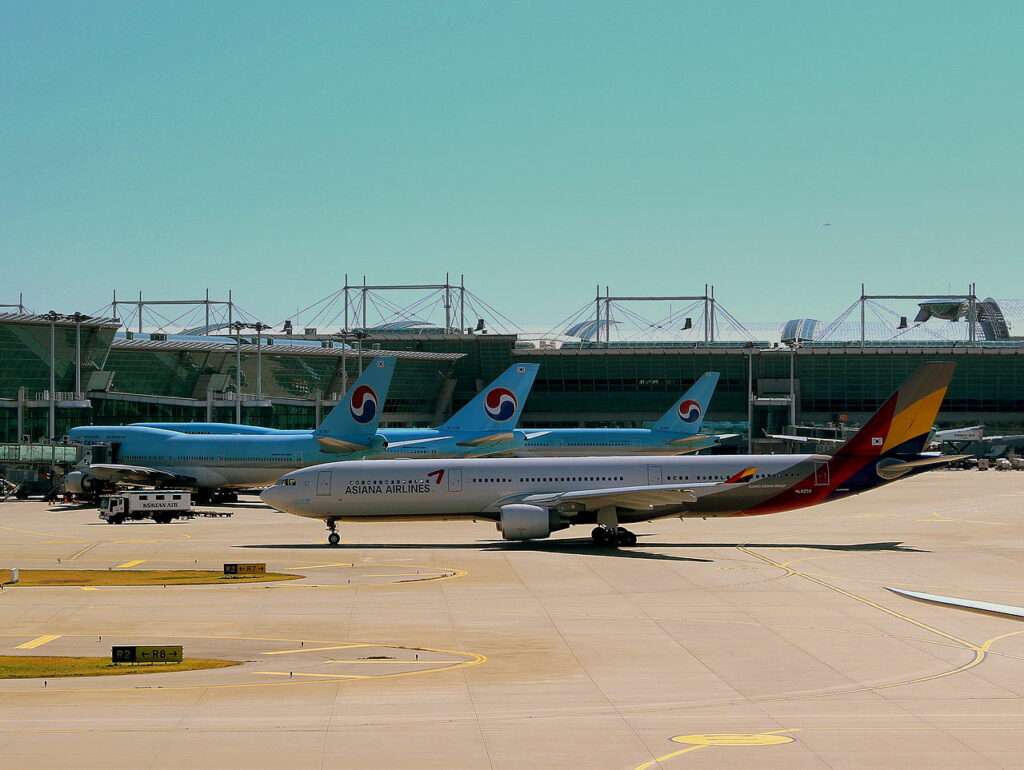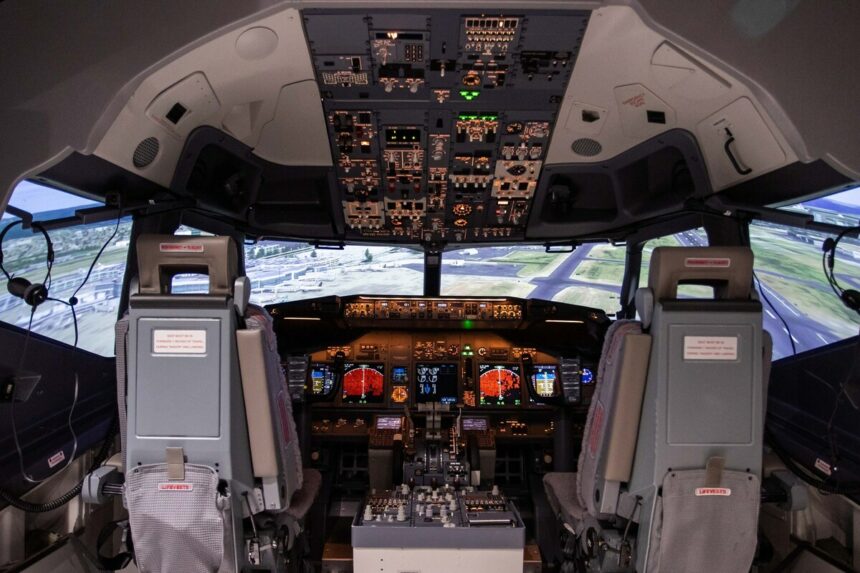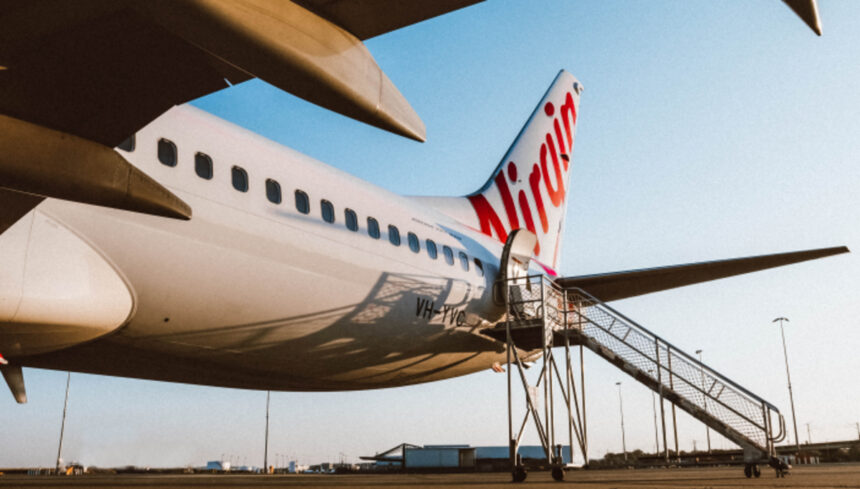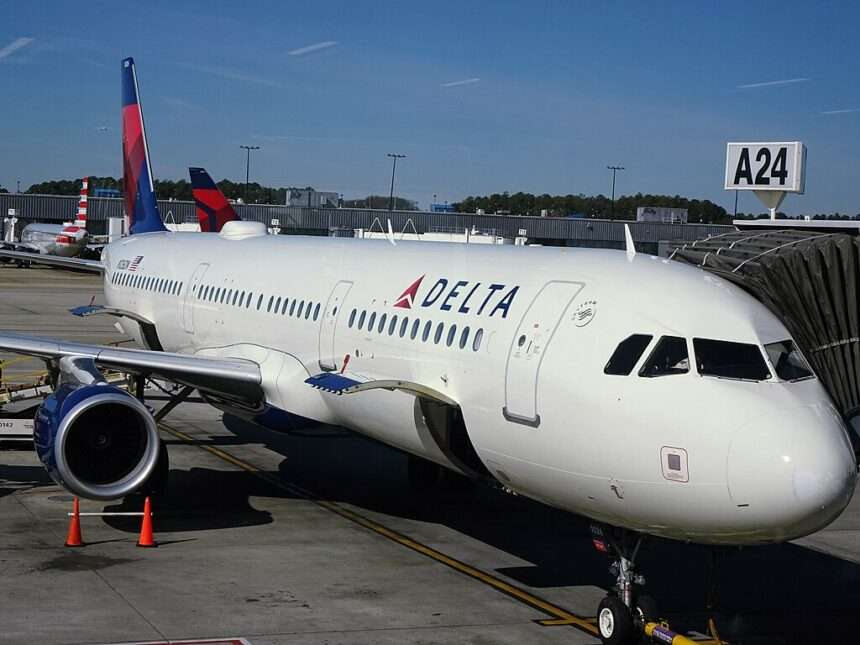The European Commission has informed Korean Air of its preliminary view that its proposed acquisition of Asiana may restrict competition in the markets for passenger and cargo air transport services between the European Economic Area (EEA) and South Korea.
Korean Air and Asiana are respectively the first and second largest airlines in South Korea. They operate a network of domestic and short-haul routes in Asia as well as long-haul routes between South Korea and the rest of the world.
Background on the merger
In January, South Korean flag carrier Korean Air announced that it was set to finalise the acquisition of its counterpart airline Asiana Airlines this year.
At the time Korean Air CEO Walter Cho stated: “2023 is a pivotal year for completing the huge task of closing our acquisition of Asiana Airlines. We are in the last stage with the remaining overseas competition authorities reviewing the merger.”
To date, several States have indicated their approval of the proposed airline merger; notably including Singapore, Australia and the People’s Republic of China.
The EU Statement of Objections
In February 2023, the European Commission opened an in-depth investigation into the proposed merger.
The purpose of the investigation was to assess if Korean Air’s acquisition of Asiana may restrict competition in the provision of passenger and cargo air transport services between the EEA and South Korea.
Since then the Commission reports that it has investigated documentation provided by the parties and gathered information and views from competing airlines and market stakeholders.
As a result of this investigation, the Commission now holds concerns that the merger may:
- Reduce competition in the provision of passenger transport services on four routes between South Korea and France, Germany, Italy and Spain.
- Reduce competition in the provision of cargo transport services between all of Europe and South Korea.
The commission’s reasoning is that Korean Air and Asiana currently compete head-to-head in carrying passengers and cargo between the EEA and South Korea. Together, they would be by far the largest carriers of passengers and cargo on these routes and the merger may remove an important alternative for customers.
Other competitors face regulatory and other barriers to expanding their services and may be unlikely to exert sufficient competitive pressure on the merged entity.
The merger between the two Korean carriers may therefore lead to increased prices or decreased quality of passenger and air transport services.
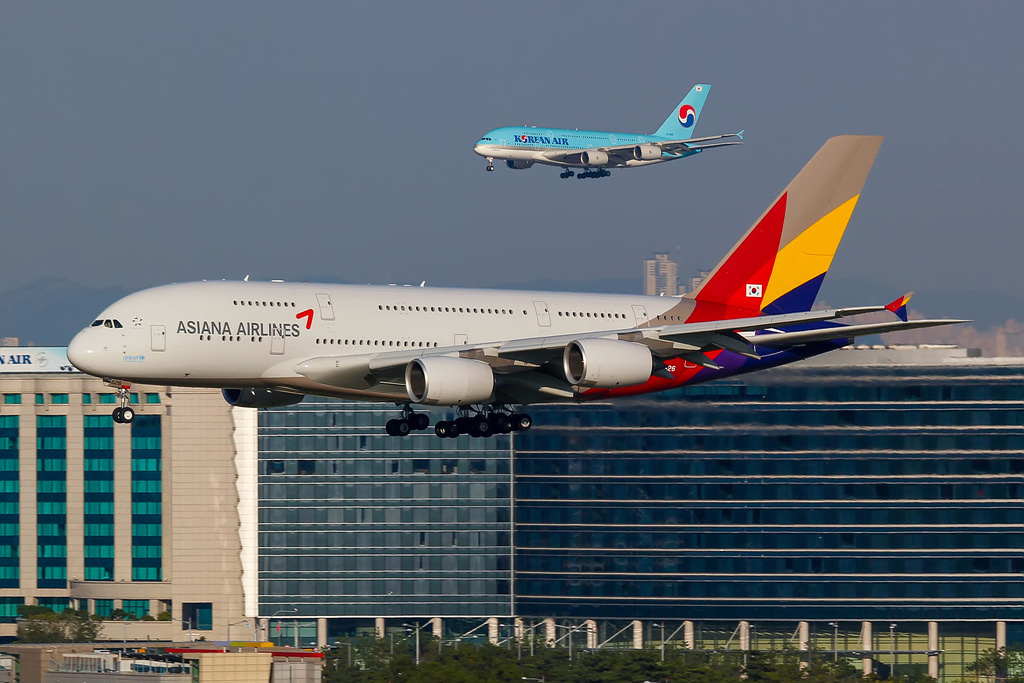
Airline backgrounds
Korean Air, headquartered in South Korea, is a full-service carrier with domestic and international operations in passenger and cargo air transport.
It operates a hub-and-spoke network with its principal hub at Incheon airport in Seoul. Korean Air is a member of the SkyTeam alliance.
Asiana, headquartered in South Korea, is a full-service carrier with domestic and international operations in passenger and cargo air transport.
It has its principal hub at Incheon airport in Seoul. Asiana is a member of the Star Alliance.
Summary
A Statement of Objections is a formal step in an investigation, where the Commission informs the companies concerned in writing of the objections raised against them.
Korean Air now has the opportunity to reply to the Commission’s Statement of Objections, to consult the Commission’s case file and to request an oral hearing.
Commission opened its investigation on 17 February 2023 and states that it now has until 3 August 2023 to make a final decision.





